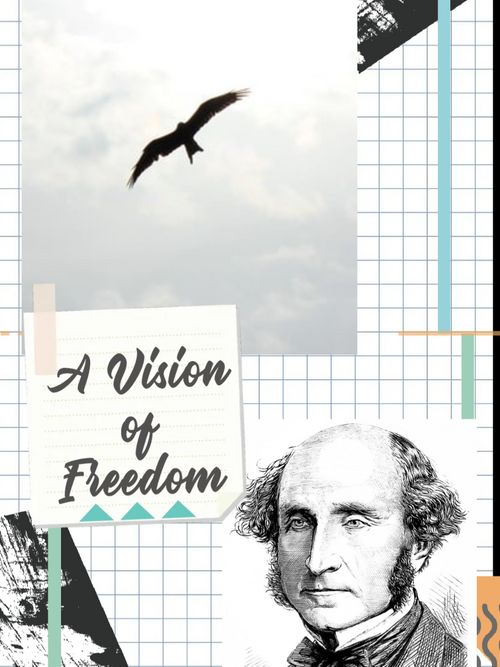Say ‘no’ to conformity: John Stuart Mill’s theory of freedom explained
Jul 20, 2021 · 4 mins read
0
Share
Individual freedom
Imagine doing whatever you like as long as it doesn’t harm others. This is the central idea of John Stuart Mill’s On Liberty. It may sound simple enough, but how many people truly accept this idea? How many people can respect everyone’s right to live freely?
Save
Share
On Liberty is a landmark defence of free-thinking, free speech, and nonconformity. Published in 1859 (the same year as Charles Darwin’s On the Origin of Species), it’s one of the most influential texts ever written. It’s also one of the most controversial…
Save
Share
Much of what Mill wrote in the 19th century is now, to many people, common sense, even if it wasn’t then. But as we’ll see, Mill’s views (if fully adopted) would still have radical implications today – even in societies that think of themselves as free.
Save
Share
On Liberty can be split into three main points: 1) Challenging conventions: the importance of individual freedom 2) Celebrating individuality: the need for authenticity, uniqueness, and eccentricity 3) Freedom & happiness: what happens when the two come into conflict?
Save
Share
Mill’s ‘Harm Principle’ states: “The only purpose for which power can be rightfully exercised over any member of a civilized community, against his will, is to prevent harm to others. His own good, either physical or moral, is not a sufficient warrant.”
Save
Share
This idea is still considered shocking over 160 years later. (Think of societies where women are not allowed to drive, for example.) Mill wanted philosophy to challenge unjustified social conventions, what he called the “tyranny of the majority”.
Save
Share
Mill argues that causing offence doesn’t qualify as harm. If your outfit or haircut scandalizes others, for instance, then this is merely a psychological harm that has to be permitted in order to allow you your own personal freedom.
Save
Share
Government – and society more generally – only has the right to intervene in your behaviour when it directly affects what Mill calls “the security of others”. He sees this as the dividing line. If you harm others while taking a drug, then society can intervene – but only then.
Save
Share
Mill thinks that unwise and self-harming actions must be permitted as part of everyone's free choice. If someone is drinking themselves to death, then society still has no right to stop that person. The exception is if you have dependents (e.g. children).
Save
Share
Individual freedom allows people to try out different ways of life and find out what suits them best. Mill sees this is an essential part of a happy and flourishing existence. But is this idea as simple as it seems? Let’s take a closer look at Mill’s thinking in Part 2…
Save
Share
0
